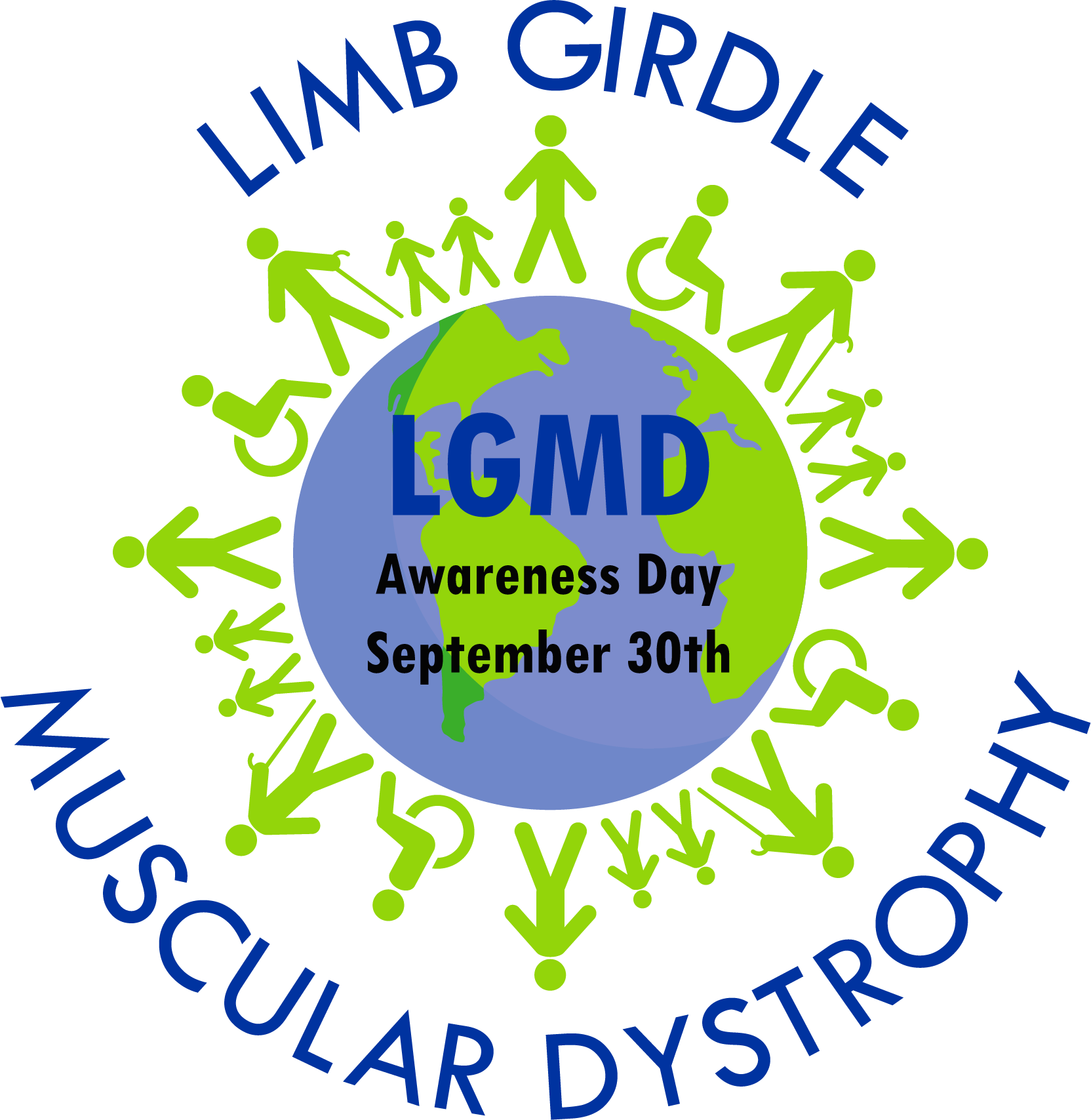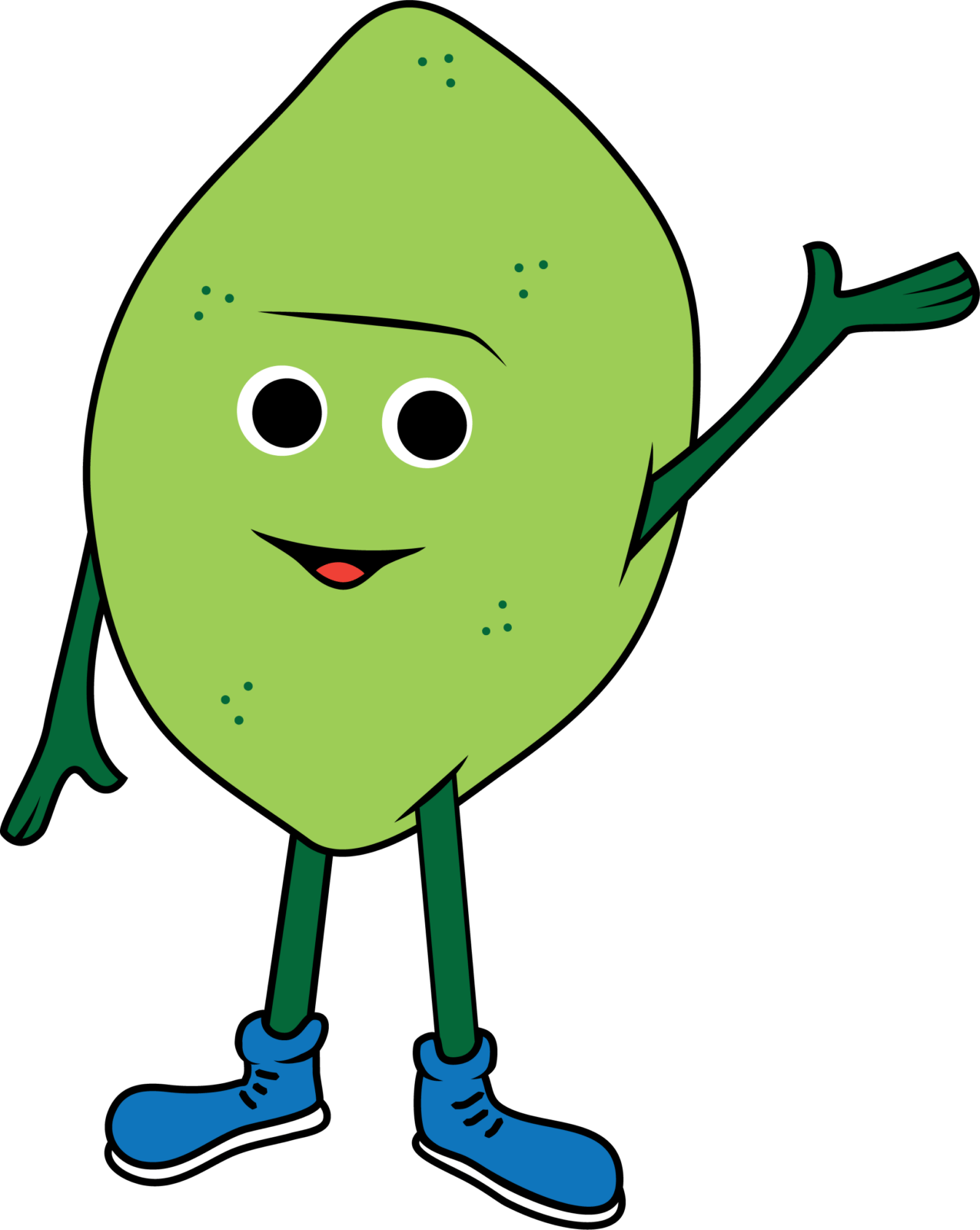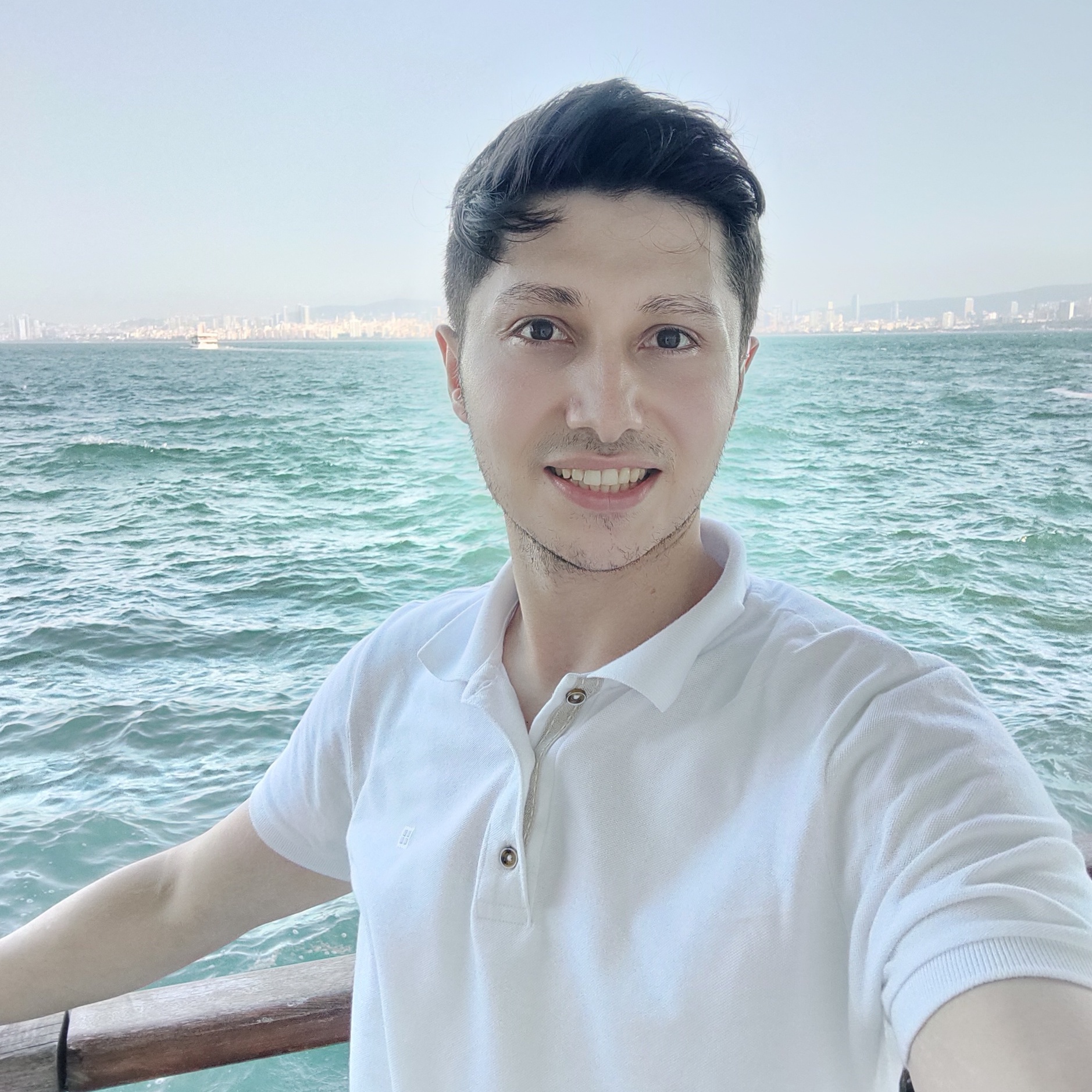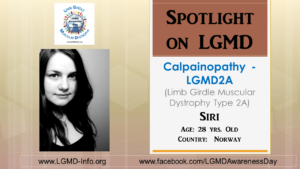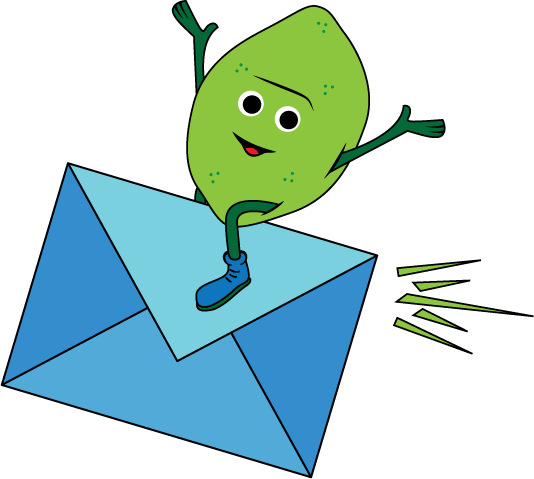INDIVIDUAL WITH LGMD: Siri
11/06/2015
NOME: Siri ETÀ: 28 yrs. old
PAESE: Norway
Sottotipo LGMD: LGMD2A / Calpainopathy
A che età è stata fatta la diagnosi:
I was diagnosed when I was 26 yrs. old.
Quali sono stati i primi sintomi:
I started experience unexplained fatigue at age 16. When I was 19, I noticed that I had trouble putting my
right arm over my head. In my early 20’s my heel cords started to bug me, being super tight. A few years
later I started struggling with stairs and low seats and I could no longer run or jump.
Avete altri familiari affetti da LGMD:
No, I am the only family member with LGMD2A.
Quali sono, secondo lei, le sfide più grandi da affrontare nella convivenza con la LGMD?:
The everyday tasks people take for granted makes me really frustrated some days. Like getting out of a
chair, turning in bed or tying my shoes – all these little things make me tired and I don’t like wasting
energy on it. But the real struggle is all the extra work it is to have a disability. People don’t see all the
hours I spend doing paperwork getting the things I need and figuring out my rights, physiotherapy, doctor appointments and so on, or all the time I “waste” resting because I have overdone it one day. It is also a challenge to be dependent on other people.
Qual è il suo più grande risultato:
I completed 6 years in university and got my degree as a teacher. I have also visited many different
countries and hiked in various mountains despite my struggles.
In che modo la LGMD l'ha influenzata nel diventare la persona che è oggi:
It has taught me not to take anything for granted. It has made me more humble and thankful for all the little things in life. It has taught me to slow down and be more patient and to dare ask for help with small tasks. And to enjoy every day! It has also made me be more creative, because I have to find new ways to do things. And I have made SO many new friends! I love that.
Cosa volete che il mondo sappia della LGMD?:
That it actually exists is a good start! And that it affects people in different ways, but to most of us it is
super frustrating/depressing to lose abilities over time. We are always dealing with this, since it is a
progressive disease. It’s an ongoing grief. And that it affects our loved ones too. Be kind, always.
Se la vostra LGMD potesse essere "curata" domani, quale sarebbe la prima cosa che vorreste fare?:
I would RUN! And jump all over the place. And I would dance all night long! And I would help my friends move or something, haha 😉
To read more “LGMD Spotlight Interviews” or to volunteer to be featured in an upcoming interview, please visit our website at: https://www.lgmd-info.org/spotlight-interviews

